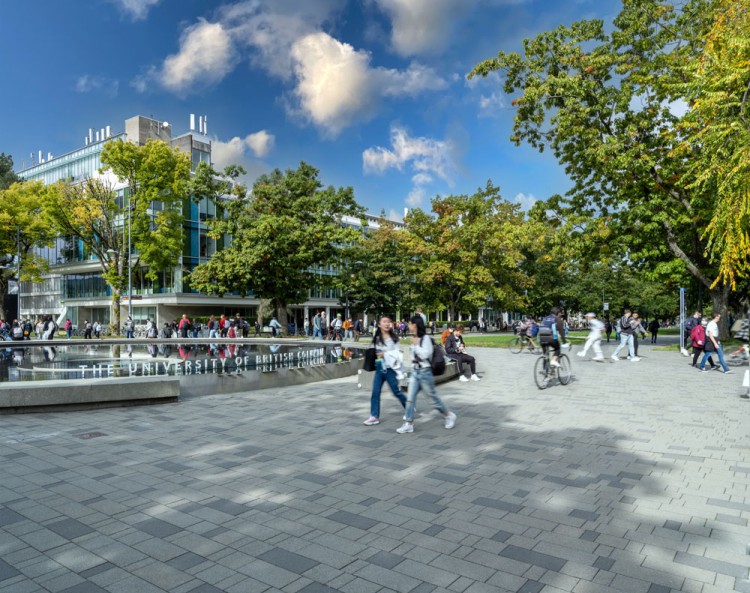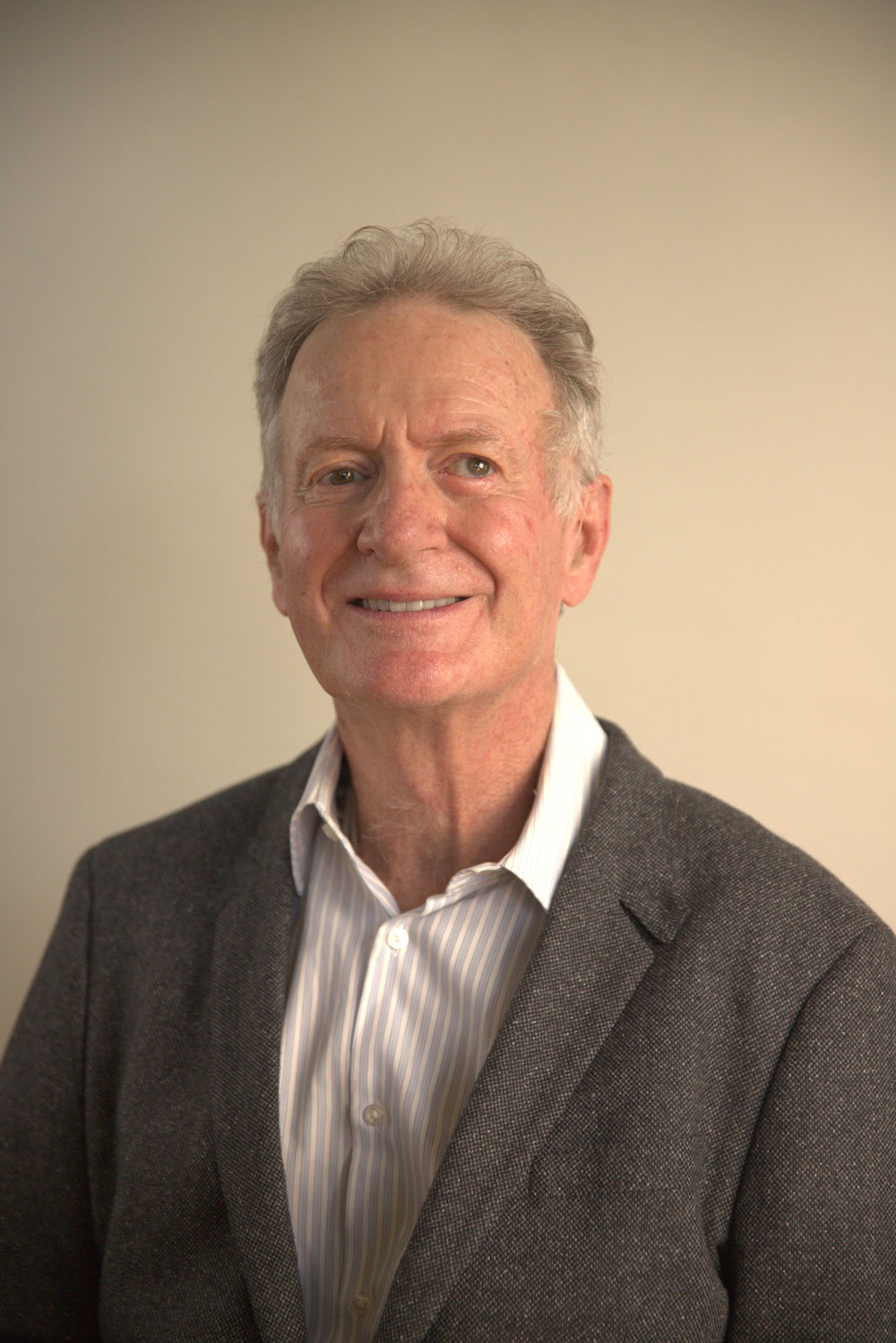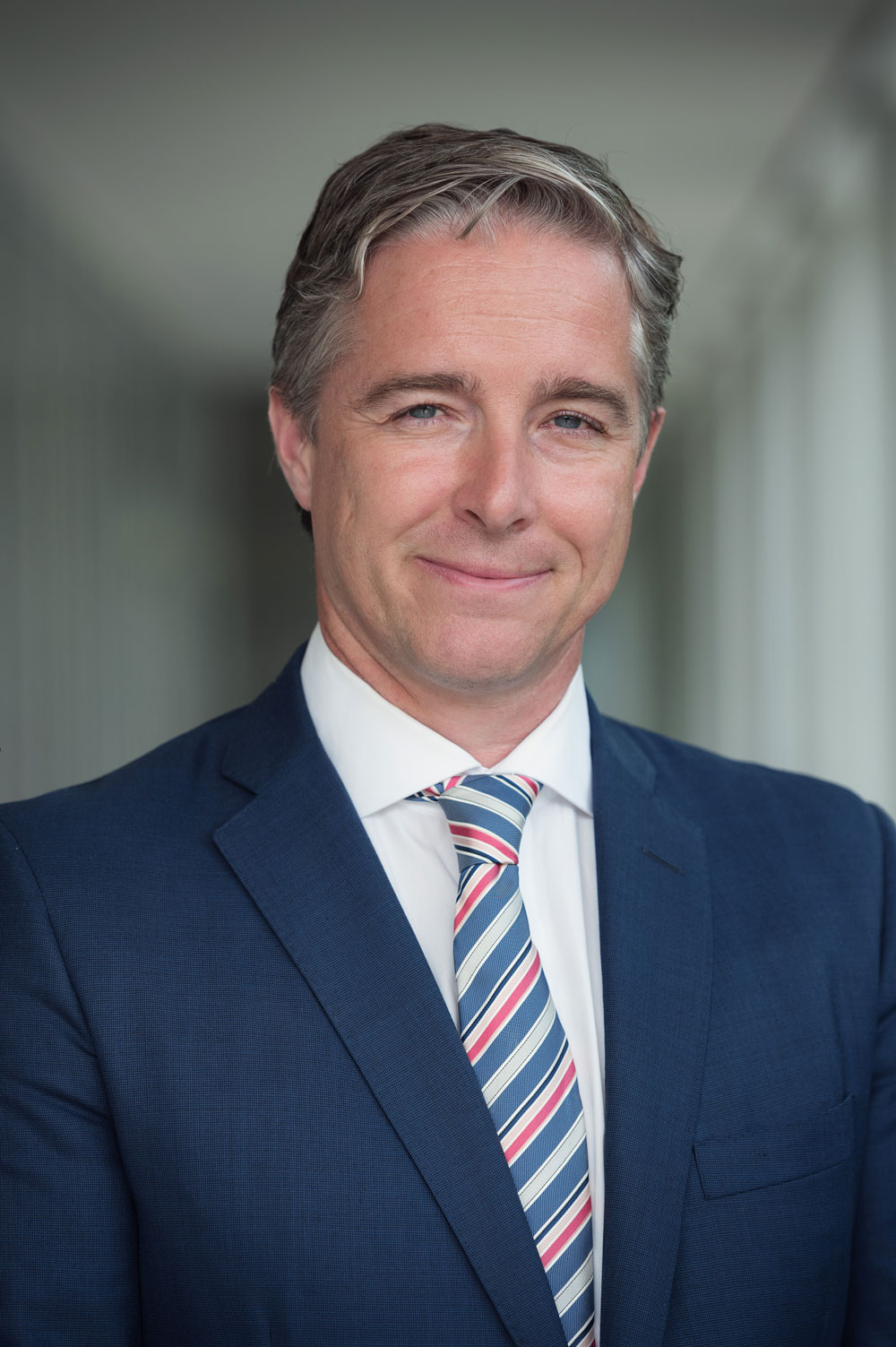
UBC Sauder Centre for Social Innovation and Impact Investing closing its doors, legacy lives on

Related Links
Over the last 13 years, the UBC Sauder Centre for Social Innovation and Impact Investing (Sauder S3i) has catalyzed transformational social change by investing in, educating, and connecting social entrepreneurs and innovations across climate, health, education, and food. Now, as this chapter comes to a close, the centre’s themes of social innovation and sustainability continue to be pivotal to the growth and evolution of UBC Sauder.
To celebrate Sauder S3i’s incredible legacy, we take a look back at how the centre began and how its influence will shine on.
The lightbulb moment that started it all
Fifteen years ago, few business schools were educating leaders to address society’s biggest challenges. At the time, most were focused on delivering traditional commerce degrees, and curriculum that promoted social innovation and entrepreneurship was seen as fringe.

Philip Swift
It was around that time that investor, entrepreneur, and philanthropist Philip Swift (BSc 1973; MBA 1975) read about a groundbreaking centre for social enterprise and innovation being created at Oxford University, now known as the Skoll Centre for Social Entrepreneurship at Saïd Business School. Swift, a founder of ARC Financial Corp who built his career in Calgary as a leading energy investment expert before pivoting to philanthropy, describes it as a “lightbulb moment.”
“I thought, ‘what a fascinating concept that perhaps you could solve social and environmental problems with market solutions,’” says Swift.

Serendipitously, that year he was approached by UBC Sauder to support its fundraising campaign and learned that the school had just hired a new faculty member, Dr. James Tansey, from the Skoll Centre. Not long after, the concept for Sauder S3i was conceived through the generous support of two founding families: the Swift family and the Lalji family. It’s because of them that Sauder S3i was brought to life.
The two founding families who made Sauder S3i possible and built early momentum
Tansey says the two families’ support was critical to establishing Sauder S3i and allowing it to scale up and accelerate the impact of entrepreneurial activity that aims to bring together market-based approaches and social innovation. Sauder S3i officially launched in spring 2009 and focused on research, learning opportunities, and impact investor networks to drive positive change.
The founders’ support also helped secure other funding, such as to launch the Coast Capital Savings Innovation Hub (iHub), a flagship program of Sauder S3i. With a $1 million investment from Coast Capital Savings, the iHub supported and accelerated more than 30 social ventures in Vancouver and British Columbia and provided students with opportunities to work directly with entrepreneurs. Many of the purpose-driven ventures that passed through the iHub are still operating today, including Arbutus Medical, Skipper Otto, and Wize Teas.
With its national network of investors, Sauder S3i catalyzed the deployment of over $1 billion of capital. The team was actively involved in the launch of the Telus Pollinator Fund for Good, a $100-million social impact fund focused on Canadian ventures. UBC Sauder graduate and former manager of impact investing at Sauder S3i, Bruno Lam, joined Telus in 2021 and is now a senior associate of the Fund.
The Sauder S3i team also played a critical role in strengthening the social innovation and impact ecosystem in Canada and shaping local and national policy. For example, the centre participated in the Federal Social Innovation and Social Finance Advisory Committee, which established a $755 million Social Finance Fund.
The impact of Sauder S3i is far reaching. Its researchers and students participated in a wide range of issues-driven initiatives, including one of the largest carbon-funded conservation projects in the world to protect the Great Bear Rain Forest and benefit First Nations communities. Projects such as these demonstrated successful, evidence-based approaches and new collaborations that foster systemic change.
Expanding support for social ventures at UBC
Another major turning point in the history of Sauder S3i was forming an early-stage investment fund to support social ventures created by UBC students, faculty, researchers, or new alumni.
Following the model of the UBC Seed Fund developed by entrepreneurship@UBC, the Social Impact Fund provided critical initial support for ventures with measurable social and environmental impact. These ventures typically face unique challenges and funding gaps, and it was thanks to the support of the J.W. McConnell Foundation and the David and Dorothy Lam Foundation—who provided the founding contribution of investment capital—for bringing this initiative to life.
“We aimed to invest in enterprises that demonstrate a strong commitment to social values, community involvement, and leadership,” says Doreen Lam Lau (BCom 1984), daughter of the late David See-Chai and Dorothy Lam. “A longer-term horizon was considered to allow for their impact to be achieved.”
Lam Lau, together with her husband and fellow alumnus Philip Lau (BCom 1982), have carried forward their family’s charitable values through support for many initiatives in the Lower Mainland, including the Social Impact Fund.
“Our goal was to back more social ventures so they can reach the next level in order to bring about novel and catalytic change and set an example for other impact entrepreneurs of what is possible,” says Lau.
Inspiring students to make purposeful career choices
For the hundreds of students who participated in Sauder S3i programs, these opportunities influenced their career choices, contributing to wider societal impact.
“I'll hear from students who say, ‘your course changed the kind of career I wanted to have’. As a faculty member, that's the single most satisfying thing that you can hear,” says Tansey.
That was the case for Varun Srivatsan (BIE 2018) who participated in Sauder S3i in 2017. Srivatsan currently works as an advisor in the federal government advancing Indigenous access to capital policies.
“Sauder S3i gave me a foundation in impact investing and the social impact space more generally, as well as connections that I continue to draw on,” says Srivatsan. “It made me focus on an impact-centred career that influenced my choice to work in Indigenous economic development.”
As Sauder S3i and the impact ecosystem at UBC has expanded, growing numbers of students have come to UBC Sauder looking to develop impact careers. Sauder S3i’s themes of social innovation and sustainability have been embedded across the school’s programs and curriculum, including a course taught by Tansey called Values, Ethics, and Community that is offered to all first-year students.
“There’s been a sea change in business schools over the last five years,” says Tansey. “Students want more than just a conventional degree. What Sauder S3i gave them was a place where they could apply those skills to businesses that have social or environmental metrics in addition to profit metrics. That's what's been missing from a lot of business programs, and I think we provided that for them.”
To meet this growing demand, and to address the skills needed to drive change in a world characterized by financial, economic, political, and environmental instability, UBC Sauder is taking steps to launch its next stage of programming, education, and research on some of the most pressing global challenges of our time, like climate change. Today, UBC Sauder has become a hub for innovation and collaboration for these issues, in large part because of the success and framework of Sauder S3i.
An enduring and powerful legacy
“The promise of Sauder S3i has been that this is now integrated into the curriculum and the programming of the school,” says Tansey. “I hope its legacy is that something that was once at the edges of what the school did became core to the school's programming going forwards.”
Swift agrees that Sauder S3i showcased the viability of solving societal issues with a market approach and strong demand for business education to drive social innovation.
“Sauder S3i was a pioneer for the university,” says Swift. “There continues to be growing interest from students, faculty, and society at large in impact investing, and I hope what we achieved will be a platform for the university to build on in the future.”
Indeed, as part of the school’s vision for its new building, the Powerhouse Project, additional space needed to keep pace with growth in programs and the student population will be designed to support new initiatives in innovation, finance, and climate action.
Thanks in part to the foundation developed by Sauder S3i, faculty and students will have an opportunity, for example, to help bring the university’s globally recognized climate research together with innovative business solutions that can be accelerated and scaled in the private sector.